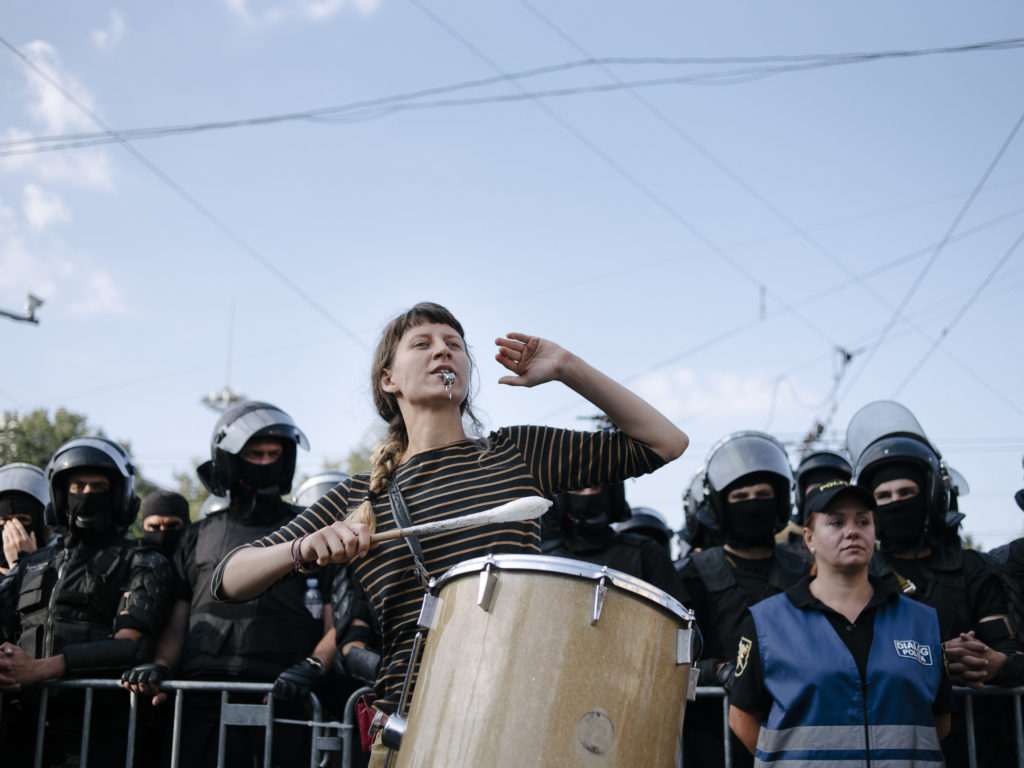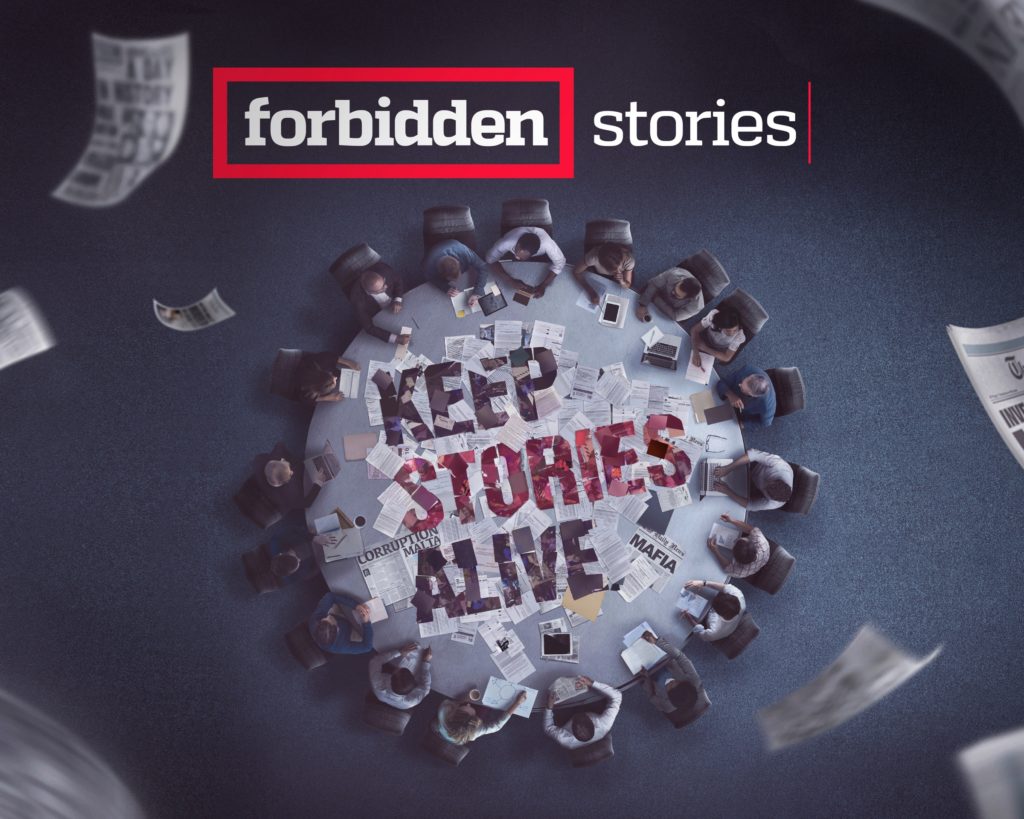The Drums of Democracy

Introduction
Democracy in Moldova is under serious threat. The poorest and one of the least-visited countries in Europe is suffering from large-scale corruption, chronic unemployment and — most importantly — mass-emigration.
Moldova is the fastest shrinking country in the world. Predicted to lose half its population by 2100, the future of the country is quite literally at stake. But, while youth should clearly be a priority, chronic corruption and a faltering economy block most reforms. Pulled to either the EU or Russia by better job prospects, young Moldovans thus find themselves at a crossroads: should they stay or should they go?
While many have chosen a future abroad, recent threats to democracy have compelled them to come back home to join —either temporarily or permanently— the fight for democracy. Despite the dire state democracy is in, they have not yet given up on their country.
Read more at edges.areweeurope.com and support Are We Europe at magazine.areweeurope.com/store
Forbidden Stories
A behind the scenes with Jules Giraudat, deputy editor of Forbidden Stories.
Jules Giraudat is a French investigative journalist, documentary filmmaker and currently deputy editor at Forbidden Stories. We had a quick chat with him about his work.
How did you get involved with Forbidden Stories?
Laurent Richard (founder Forbidden Stories) was doing a fellowship in the US in 2016 – researching what was to become Forbidden Stories. There he ran into Bastian Obermayer (Panama Papers) and together they worked on this project where international collaborations would protect press freedom. I was living in South America at the time, and had some time on my hands. So, I proposed to help Laurent and Bastian. When they officially launched the organisation in 2017, I started working full time for Forbidden Stories.
Why is it important to contribute?
I am happy to be involved because Laurent had this incredible and very valuable idea. What makes this project interesting, is to start something from scratch. To build a network in every country.
But what really drives me in this, is the idea. When you work as journalist across the world, you see horrible working conditions. Journalists are threatened, killed and constantly in danger because of predators of the free press. You see this in South America, in the US and even in Europe.
However, when newspapers are not competitors, we collaborate. We bring to the public the story that needs to be told and should not be forbidden. That is a powerful message we need to send together.
Nowadays a lot of people are trashing the press. It’s great to criticise the press, we can become better. But in a time of fake news, it is also good to have a clear message to the public, the CEO’s, the politicians: journalists can work together and work for good.
What is the biggest challenge so far?
Obviously raising funds, but that is Laurent’s part. From an editorial perspective, the biggest challenge for a small organisation is that news organisations trust in our work and give time to their journalists to work on project for three, four sometimes even five months.
If the newspaper believes in us, we can do our work.
It’s hard to have impact as a journalist. But when can push politicians and raise awareness, we start achieving our goal.
What’s new on the horizon?
We are starting to create a network of journalists in Africa and South America. For us it’s very important to create a network in these countries because investigative journalists there are doing an incredible job.


